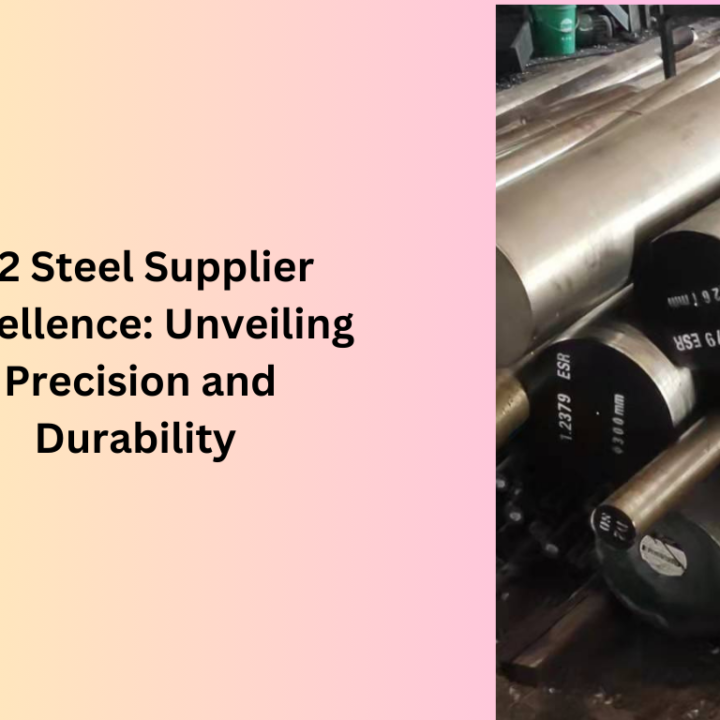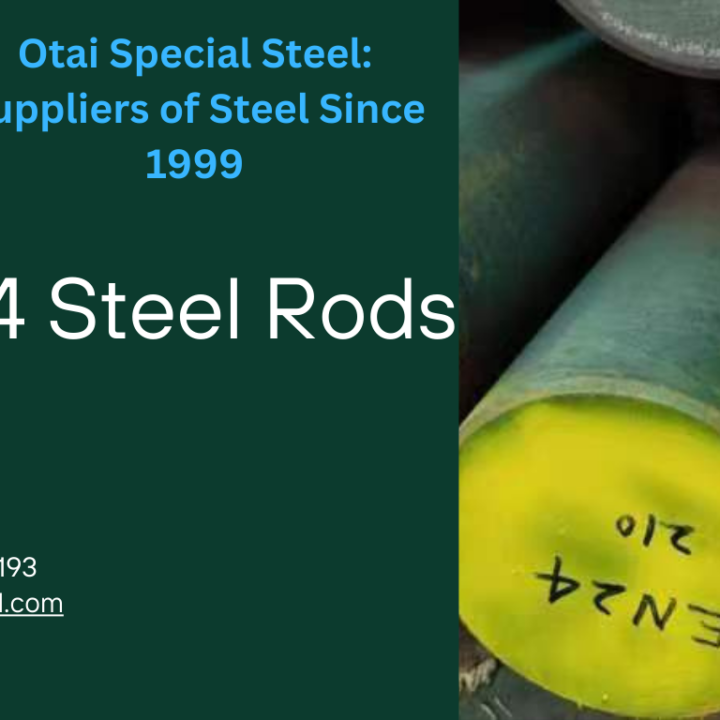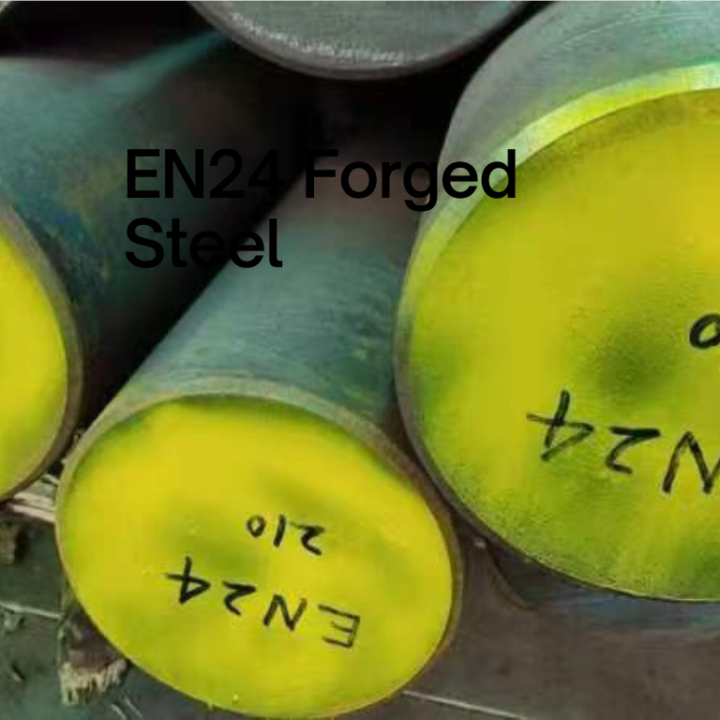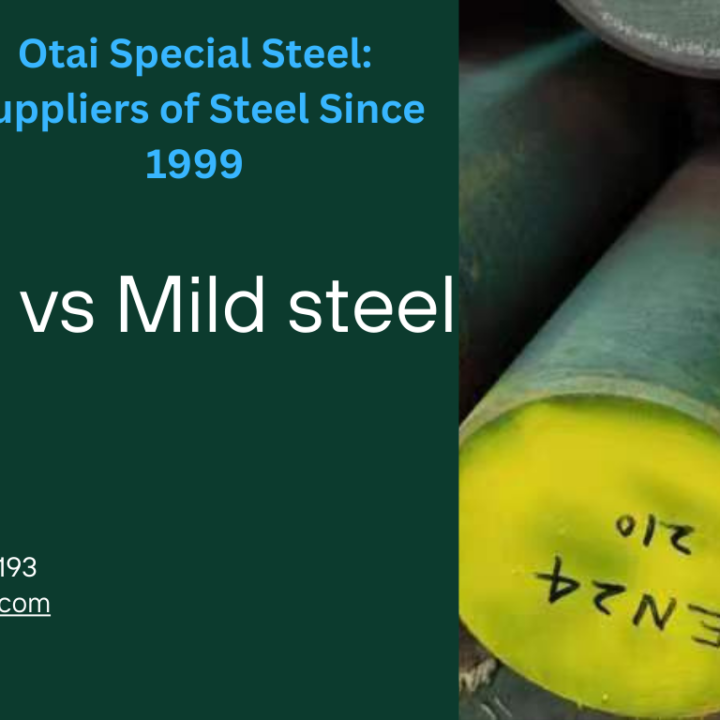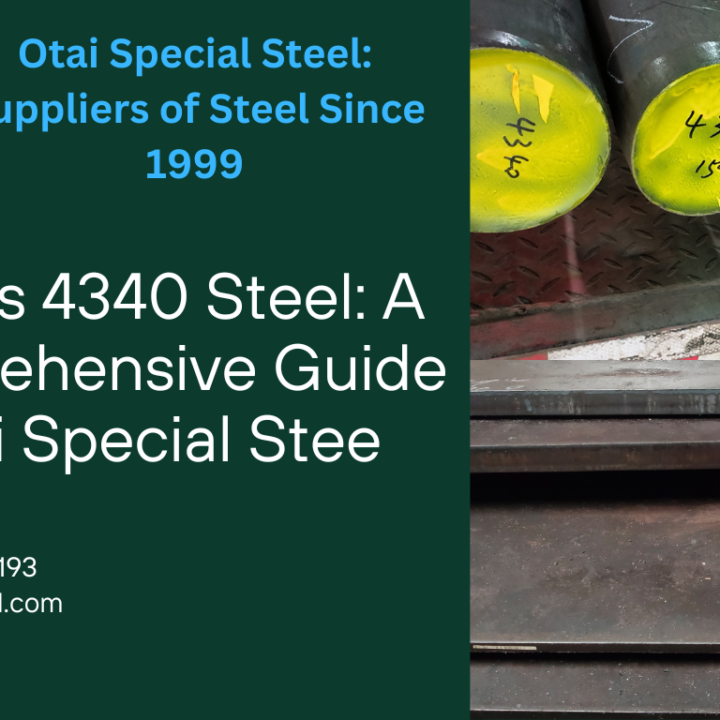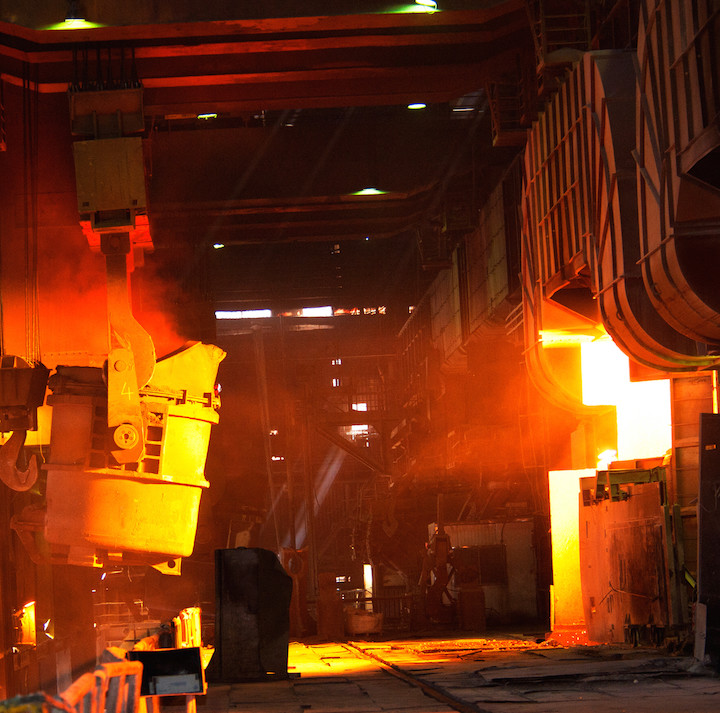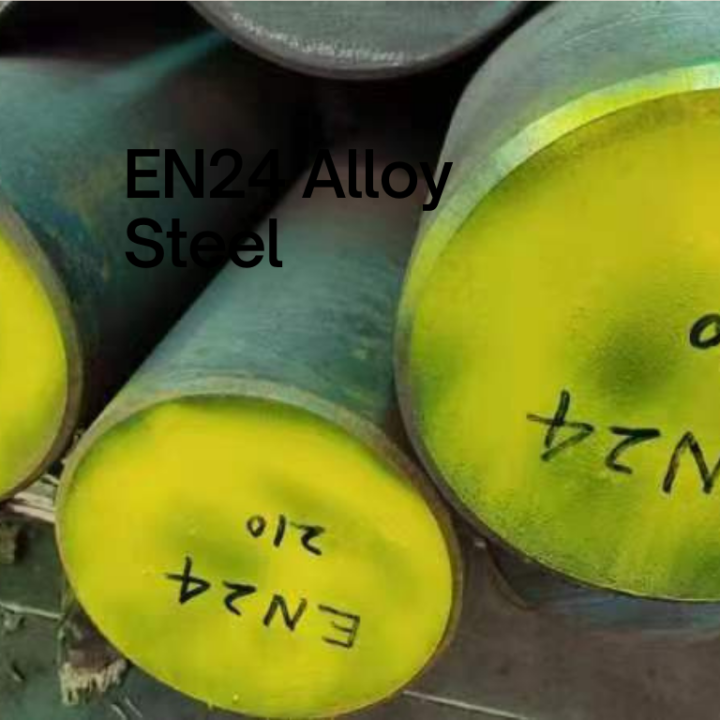
FILE PHOTO: Laborers work at a steel plant of Shandong Iron & Steel Group in Jinan, Shandong province, China, July 7, 2017. REUTERS/Stringer
BEIJING (Reuters) – China’s steel rebar futures jumped to their highest in four and a half years on Monday, extending the previous session’s gains on concerns that a furnace fire might spark a new round of safety inspections and closures, tightening supply.
The most-active rebar futures on the Shanghai Futures Exchange rose as much as 5 percent to 4,194 yuan ($642.25) a tonne, their highest since February 2013, as reports of a fire at Bengang Steel Plates Co’s new blast furnace startled the market.
It closed 1.7 percent higher at 4,060 yuan a tonne.
Spot rebar prices picked up 0.9 percent to 4,310.42 yuan a tonne on Friday, showed data from Mysteel website.
The furnace fire is estimated to affect 4,500-5,000 tonnes of daily steel output at Benang, a subsidiary of government-backed Benxi Iron and Steel Group Co. Beyond the impact on Benang itself, analysts and investors worry the incident could trigger stricter safety inspections at mills, bringing production halts and intensifying a supply shortage.
“Under the pressure of strict environmental policy, expectation of tight supply has offset concerns over weak demand downstream which is also likely to be affected by inspections,” analysts from Orient Futures wrote in a note.
The rebar price rise was also supported by strong manufacturing activity data released on Friday, with the Caixin/Markit Manufacturing Purchasing Managers’ Index picking up to 6-month high.
The potential impact of environmental and safety checks is overshadowing a number of industries in the world’s second-biggest economy. Last week, China’s State Administration of Work Safety said it will carry out nationwide safety inspections since this month in various industries, including coal, chemical, transportation and construction.
Meanwhile, to meet politically crucial 2017 air quality targets, the Ministry of Environmental Protection (MEP) said it will launch a new round of inspections starting from September till the end of March.
Steel production in smog-prone Beijing-Tianjin-Hebei region will be limited during winter. Mills in some cities, including top steel producer Tangshan, have been ordered to cut capacity by as much as 50 percent in polluted days.
Meanwhile, the most-traded January iron ore contract on the Dalian Commodity Exchange fell 2 percent to 565.5 yuan a tonne after hitting a high of 598 yuan in early trade.
Reporting by Muyu Xu and Beijing Newsroom; Editing by Kenneth Maxwell and Subhranshu Sahu
SOURCE: Reuters
